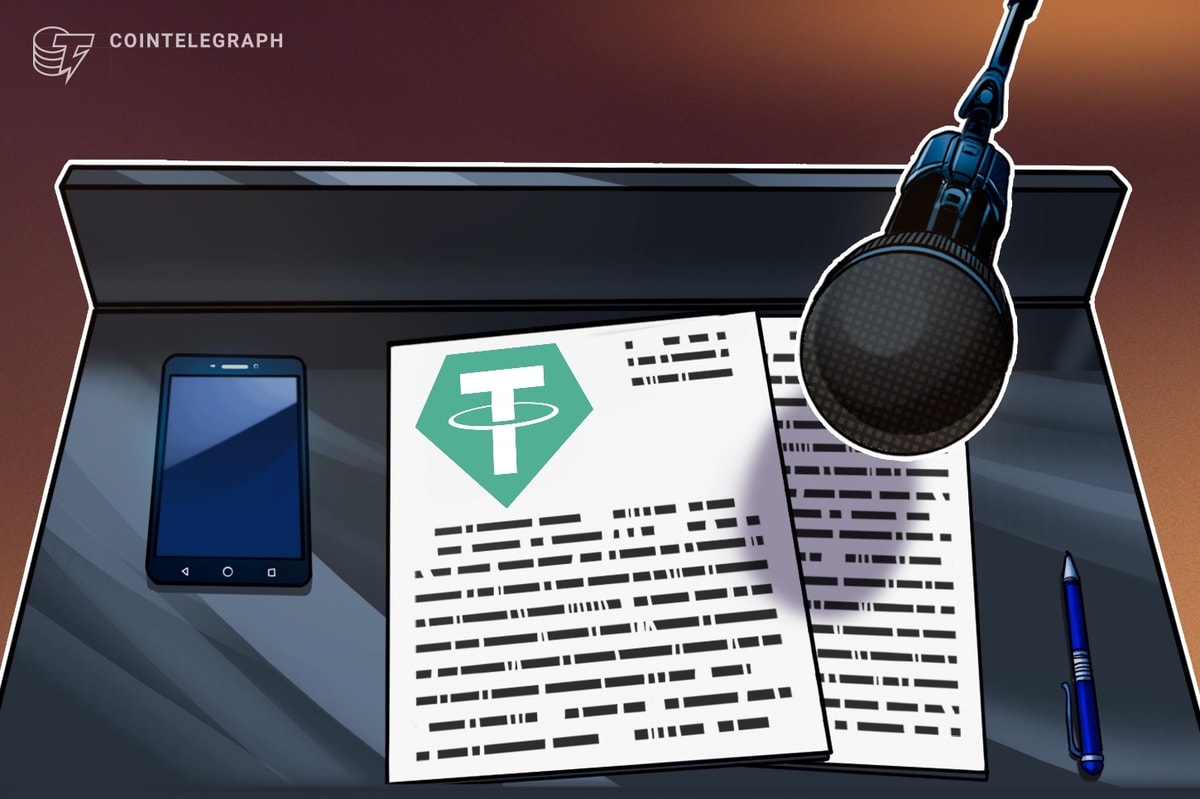Tether slammed JPMorgan analysts for speculation that the issuer may need to sell its Bitcoin holdings to comply with newly proposed US stablecoin bills.
News
USDt stablecoin operator Tether has slammed JPMorgan analysts for speculating that it may need to sell Bitcoin to comply with proposed stablecoin regulations in the United States.
An analyst team led by JPMorgan strategist Nikolaos Panigirtzoglou on Feb. 12 released a report suggesting that the proposed US stablecoin bills could force Tether to sell some of its Bitcoin (BTC) holdings.
“This would imply sales of their non-compliant assets — such as precious metals, Bitcoin […] — and purchases of compliant assets such as T-bills,” the analysts said in a report seen by Cointelegraph.
In response, Tether has criticized the analysts for not understanding “neither Bitcoin nor Tether,” highlighting that the US stablecoin laws are yet to be finalized.
What are the proposed stablecoin bills in the US?
On Feb. 4, 2025, Senator Bill Hagerty introduced the “Guiding and Establishing National Innovation for US Stablecoins (GENIUS) Act” to establish a federal licensing and supervisory framework for stablecoins and their issuers.
The bill was co-sponsored by Senate Banking Committee Chairman Tim Scott, in addition to Senators Kirsten Gillibrand and Cynthia Lummis.
Separately, House Financial Services Committee Chairman French Hill and Representative Bryan Steil released a discussion draft on stablecoin regulation called “Stablecoin Transparency and Accountability for a Better Ledger Economy (STABLE) Act.”
Released on Feb. 6, 2025, the draft STABLE Act reportedly generally aligns with the GENIUS Act and is designed to offer the companion legislative process in the House of Representatives.
Stricter reserve requirements under STABLE Act
Panigirtzoglou-led JPMorgan analysts highlighted that reserve requirements under the STABLE Act are stricter, allowing stablecoin issuers to only hold insured deposits, US T-bills, treasury short-term repo and central banks reserves.
On the other hand, the Senate bill allows additional instruments such as money market funds and reverse repos.
An excerpt from the STABLE Act by the House of Representatives. Source: House of Representatives
Related: Tether disappointed with ‘rushed actions’ on MiCA-driven USDT delisting in Europe
“Tether, the largest stablecoin issuer with nearly 60% market dominance […] could face challenges under these proposed US stablecoin regulations,” JPMorgan analysts said, adding:
“The current Tether reserves are only 66% compliant under the STABLE Act and 83% under the GENIUS Act […] Under the proposed bills, Tether would have to implicitly replace its non-compliant assets with compliant assets.”
JPMorgan analysts “won’t have a cheap event to buy Bitcoin”
“Tether is closely monitoring the evolution of the different US stablecoin bills and also actively engaging with local regulators,” a spokesperson for Tether told Cointelegraph.
The representative added that the proposed legislation is still in the early stages and needs consultation from the industry, while it’s also unclear which bill would move forward.
Tether CEO Paolo Ardoino posted on X on Feb. 13 to respond to suggestions by JPMorgan analysts. Source: PaoloArdoino
Even in the most extreme scenario, JPMorgan discounts the fact that Tether’s Group equity is over $20 billion in other liquid assets and it has more than $1.2 billion in quarterly profits through US Treasurys, the representative noted, adding:
“Those analysts at JPMorgan seem a bit jealous that they didn’t buy Bitcoin cheap and make them salty. But clearly, they don’t understand either Bitcoin or Tether. And they won’t have a cheap event to buy Bitcoin. No one feels sorry for them.”
Magazine: Has altseason finished? XRP ETF applications flood in, and more: Hodler’s Digest, Feb. 2 – 8
This article first appeared at Cointelegraph.com News

